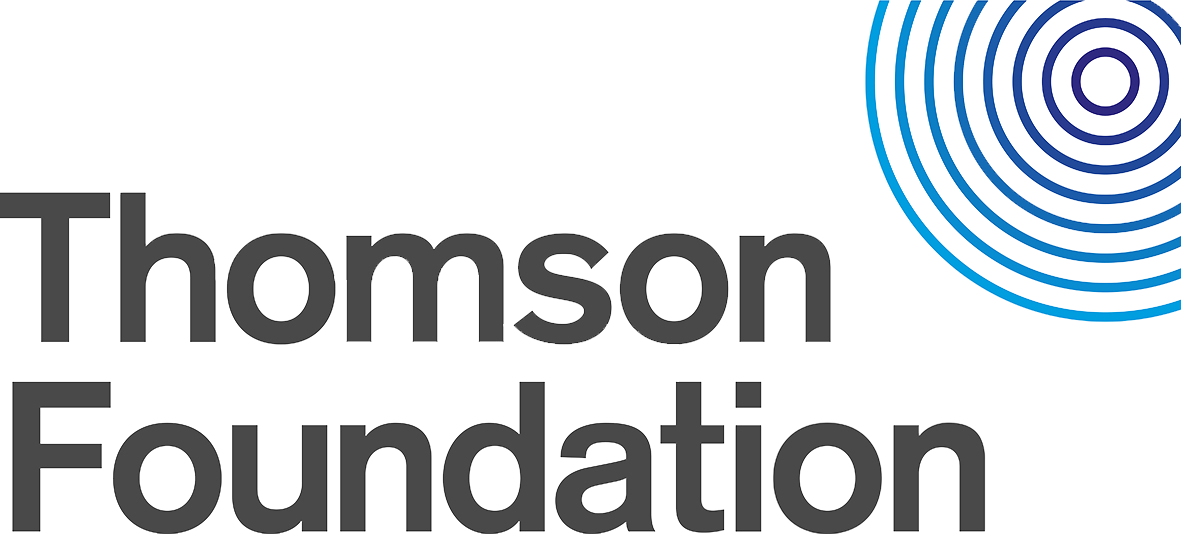FREE - For the Record Course - how to document stories from a war zone
FREE - For the Record Course - how to document stories from a war zone
Overview
Reporting from a war zone is challenging. Documenting conflicts is core to the journalist’s duty to inform the public – but has implications for their personal safety and mental health. It requires careful planning, ethical considerations, and a commitment to accuracy and thorough risk assessment.
Eurovision News in partnership with the training experts from the Thomson Foundation, has created a series of free online courses to support reporters and crews, and their colleagues back in the newsroom.
This first course, ‘For The Record – How to Document Stories from a War Zone’ focuses on Ukraine and it is aimed at both seasoned journalists looking to enhance their skills and newcomers who are entering the challenging world of conflict journalism. There are two versions, one for journalists in the field and another for those back home.
The modules are self-paced, so you can take in your own time, on the EBU Academy Learning Platform.
Other courses in the ‘For The Record’ series include a version of ‘How to Document Stories from a War Zone’ fully translated in Ukrainian and ‘Covering War and Conflict’ which focuses on global wars, including the Middle East.
Who it's for
- Reporters and their crew
- Newsroom journalists
Objectives
- Legal and logistical challenges.
- Understanding conflict dynamics:
- Safety and risk assessment.
- Ethical considerations.
- Field reporting techniques.
- Digital tools and technology
- Archiving processes
- Post-assignment trauma
- Collaboration with newsrooms
Programme Outline
Introduction and experts
Module 1: War crimes defined
- Helping journalists understand what may or may not be a war crime
- The main categories
- How the ICC works
- Getting the language right
- The EBU Archives & key takeaways
Module 2: Reporting from a war zone
- Dealing with the unexpected
- Documenting what you see
- Documenting what’s needed
- At the Scene
- The EBU Archives & key takeways
Module 3: What's your role?
- What would you do?
- Holding the line
- Journalists & the law
- The EBU Archives & key takeways
Module 4: Dealing with traumatised survivors
- How prepared are you?
- The ethical approach
- Journalists and justice
- The interview
- Key takeaways
Module 5: The archiving process
- In the field
- Security
- Key takeaways
Module 6: Caring for yourself
- Signs of trauma
- Understanding trauma
- Getting help
- Looking after yourself
- The EBU Archive and key takeaways
Format
- 3-4 hours of online course delivered through the EBU Academy learning management platform.
- Modules combine slides, videos and quizzes.
- The course is asynchronous allowing trainees to organize their learning at their own pace.
Contributors
The course contributors bring decades of combined experience in conflict journalism. They include Ole Solvang, Senior Human Rights Officer, United Nations Human Rights Monitoring Mission in Ukraine; Dr Anya Neistat; International Human Rights Lawyer at the Clooney Foundation; and Quentin Sommerville, BBC News Correspondent.
Partners

With 60 years’ experience in nearly 100 countries, the Thomson Foundation is a global leader in media development, providing expertise for journalists by journalists.
